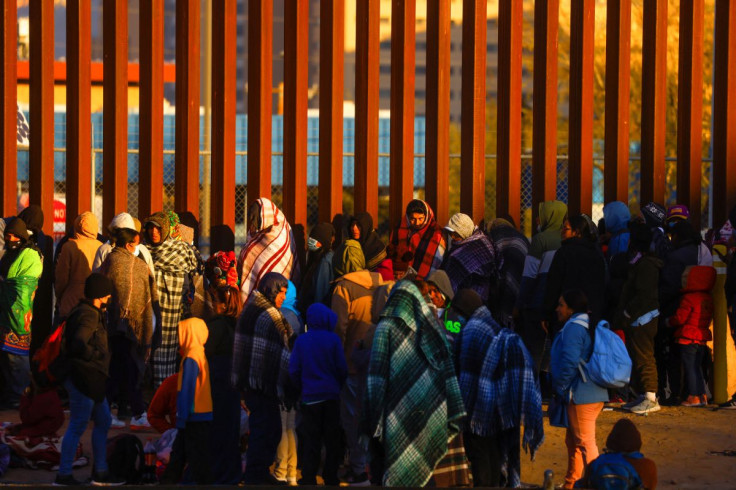
SEATTLE - In a matter of months, the Venezuelan prison gang known as Tren de Aragua has gone from a regional criminal group in Venezuela and turned into a transnational criminal organization with presence in at least 16 states in the U.S.
The gang has taken advantage of large-scale Venezuelan migration to extend its reach across the Americas and, in recent months, they have been linked to a number of high-profile crimes all over the United States, such as the murders of nursing student Laken Riley in Georgia and 12-year-old Jocelyn Nungaray in Texas.
But according to a recent investigation by Telemundo, migrants trying to reach the U.S.-Mexico border have become the gang's latest target, as members of the group are infiltrating groups of migrants in order to extract information about them and their families to later extort them.
Tren de Aragua has been using Mexico's border city of Ciudad Juárez as one of its epicenters for migrant extortion due to the high volume of people that try to cross into the U.S. through the state of Chihuahua.
According to local police, they are using stash houses all around the city to keep migrants hostage and extort them. Testimonies from victims and police investigations have found that Tren de Aragua has allied with local cartel groups to carry out its newest business enterprise, which can generate between $70 and $100 million every month in Chihuahua alone.
Aaron Vidal, director of special operations at Chihuahua's Ministry of Public Safety, said that migrants are deceived by Tren de Aragua members, promising them that they will cross into the U.S. "Once in the stash houses, they are held hostage there, cases become kidnappings," Vidal said. "Then they start extorting their families for a monetary exchange in order to set them free," he added.
Data from Mexico's National Institute of Migration (INM) shows that the state of Chihuahua counts with the second-largest number of human trafficking cases reported among states that border the U.S. Local authorities detected Tren de Aragua activity in the region at least two years ago and since then, they have allied with groups such as La Empresa and La Línea, which serve as armed wings for the Júarez Cartel.
But according to a Venezuelan migrant that was kidnapped and extorted, Tren de Aragua knows which migrants have family members in the U.S., which means they could be infiltrating the groups in order to get information about the people travelling northbound.
"They took me to a large field with a lot of other people; they were asking for money," she said. "They ask your family member for money. If they pay, you are set free. But if they do not pay, you have to find a way to find it or they won't let you go," she added.
And according to Gilberto Loya, Chihuahua's secretary of security, the story shared by one of the migrants corroborates what authorities have found about the modus operandi of the Venezuelan gang.
Authorities combat Tren de Aragua activity with technology
Ciudad Juárez is home to one of the biggest intelligence centers in Latin America, commonly referred to as C7.
The command center is equipped with walls upon walls of monitors operated by local and federal law enforcement, which receive information from 8,000 security cameras and 275 tag readers across the entire state. It also keeps an eye on the border wall that separates the U.S. and Mexico, allowing them to locate drug traffickers in real-time.
"Through our security system, we have been able to follow some behaviors and patterns by criminals in areas that we have identified as key for their illicit business," said Jorge, director of Juárez's C7 who prefers to remain unidentified due to security concerns.
© 2025 Latin Times. All rights reserved. Do not reproduce without permission.








